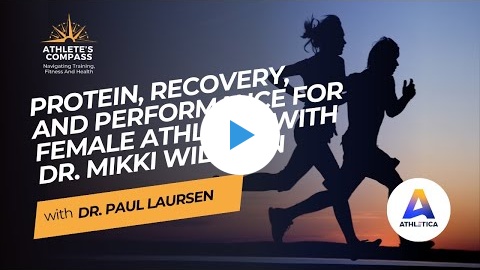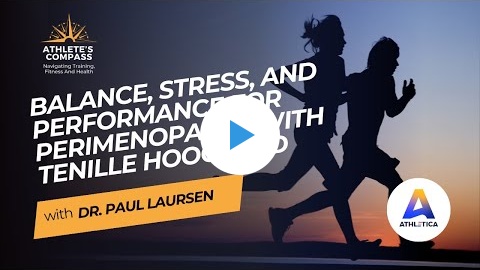Hey hey lovelies,
I’m finding myself being drawn to a deep dive into perimenopause and menopause lately, perhaps because of my own increasing age. ![]()
I found this interesting case study article :
https://www.researchgate.net/publication/372967128_Case_Reports_From_Women_Using_a_Quantitative_Hormone_Monitor_to_Track_the_Perimenopause_Transition
Note it’s not yet peer reviewed but what’s interesting is the case study subjects that used Mira care fertility tracker, just like the one we used with the Female Athlete study with Athletica, Mira care and HRV4training.
This study nicely illustrates how different the cycle characteristics are between women. It is a nice illustration of the changes that happens
. It is far from universal change and if you as an individual athlete want to learn what’s going on in your body as you transition into the next phase of womanhood, you need to do a study on yourself.
This study suggest that women past 47 don’t have regular cycles anymore. My cycle has been like a clockwork for years since I stopped taking OC 14 years ago. I have another year before hitting that “magical” 47 which this study suggest is the ceiling for normal cycle (at least based on these women in the study) I am curious to find out: am I blinded by my clockwork MC? Is it possible under the hood my body is working hard to keep those eggs coming? Do I even have an ovulation anymore?
To find out, I’m going to pull out my Mira care tracker and start a study of n=1.
What did you walk away with from the case study ?
What are your thoughts about what happens during perimenopause.? Do you have any signs? ![]() how do you think you should train during this transition? Let’s get the discussion going!
how do you think you should train during this transition? Let’s get the discussion going!
MJ


